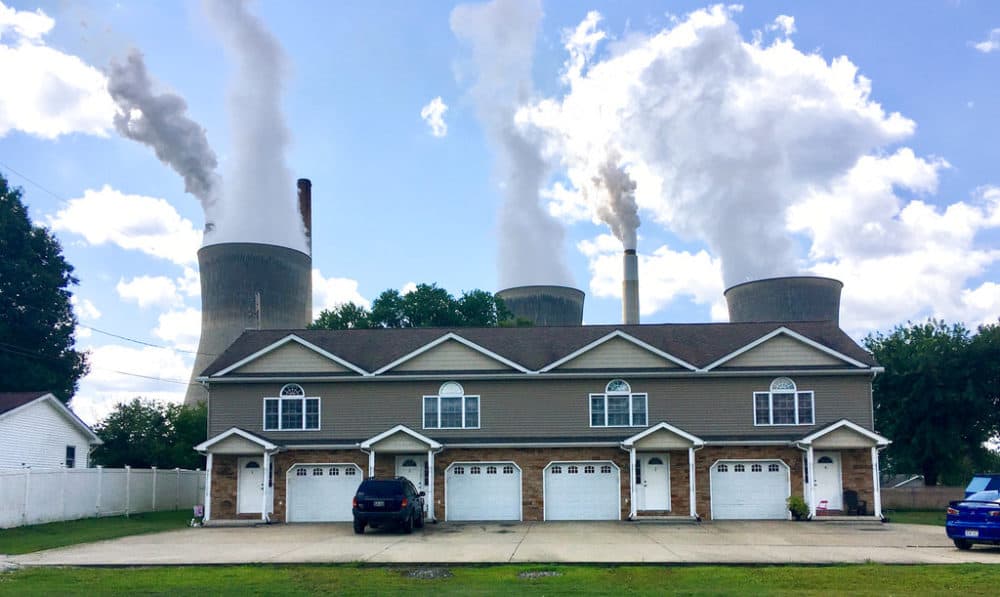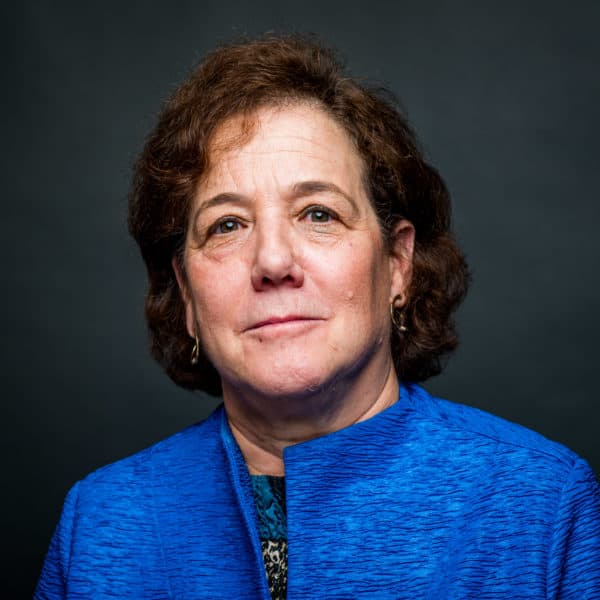Advertisement
Commentary
The Supreme Court doesn’t have the final word on climate

More than 30 years ago, the idea that investors and environmentalists would work together — within our capital markets, no less — to push corporations toward practices that reduce pollution and increase revenue was considered audacious. Even preposterous to some.
But today, it’s common sense. And it’s reflected in the way that many of the investors and companies I know — through my work at Ceres, a sustainability organization — choose to operate.
These investors and companies recognize that climate change risk is an enormous financial risk. They see strengthening storms and worsening wildfires already hobbling supply chains, while heat waves and drought threaten public health and access to resources as fundamental as water. They also know that the tools we need to fight these effects, like clean energy and transportation, are more cost-effective than their polluting alternatives. And they know the massive economic opportunity and innovative potential that lies in building out and investing in a more just and inclusive net zero emissions future.
Like I said, it’s common sense. But it’s worth rehashing after the U.S. Supreme Court’s atrocious decision last month to restrict the Environmental Protection Agency’s ability to regulate climate pollution from power generators.
The 6 to 3 decision in West Virginia vs. EPA punctuated a destabilizing term for the court by taking away critical tools to tackle the climate crisis from the nation’s leading environmental policy arm.
The only way to address climate risk is for the private and public sectors to work together. One half of that equation is ready to go.
Even as corporations take increasingly ambitious action to confront the environmental and social crises of today, the court’s ruling is troubling.
As a former regional administrator for EPA Region 1 (New England), I know that the best way to address urgent, systemic and economy-wide problems is through smart, stable, nationwide regulations and public policies. The most climate-ambitious companies and investors also understand and acknowledge that even their actions will not be enough to slow the devastating onslaught of extreme weather and its effects on their businesses and communities.
That’s why they also support the public policies that will help us succeed, and that make it easier to secure the clean energy they want. At Ceres, this is the step we’re urging our business partners to take. We’ve seen this in West Virginia vs. EPA, when 15 of the biggest companies in the U.S. — including Amazon, Apple, Google, Salesforce and Tesla — filed a brief in support of the EPA’s regulatory authority.
Advertisement
The market has already spoken. Companies and investors want affordable, reliable, clean energy and transportation. They aren’t going back to the volatile, unpredictable and risky fossil fuel markets that make it harder to run their businesses and are fueling a climate crisis that will make it even more difficult in the future.
We can take some solace in that. But it underscores what’s so frustrating about the Supreme Court’s decision. The only way to address climate risk is for the private and public sectors to work together. One half of that equation is ready to go. Six justices just severely hampered the other half.
Thankfully, other options remain to elevate public climate policy to the level of ambition we are seeing in parts of the private sector.
First, under the ruling, the EPA can still take other action to reduce climate pollution. It should. However, after this decision, it is reasonable to doubt that the Supreme Court has finished limiting the agency’s regulatory power.
Climate action is already winning in the marketplace. But to solve this problem before it’s too late, the win needs to be a rout.
It’s also important to secure legislation that will stand up to court scrutiny. Most immediately, Congress has an opportunity to pass the largest climate bill in U.S. history if key U.S. senators can come to an agreement this summer. The proposed package of climate investments and incentives would function very differently than EPA regulations, but would nonetheless accelerate clean energy deployment across the country to help meet our national climate, economic and environmental justice goals.
We continue to see significant climate progress in states, too, where lawmakers and governors are racing to pass ambitious climate policies that will establish their states as clean energy hubs. This healthy competition is an excellent sign for our future. State policymakers should go all in on climate.
The majority of companies and investors must also step up their game. So many are already boldly acting to address their climate pollution and drive the just transition to a cleaner economy. But to this day, too few are advocating for the public policies we will need to marshal our entire economy for this fight. Their lobbying apparatuses must begin treating climate policy like the essential business interest that it is.
This is the crucial next stage for corporate sustainability leadership. Climate action is already winning in the marketplace. But to solve this problem before it’s too late, the win needs to be a rout. To limit the catastrophic economic, financial and human costs of the climate crisis, corporate America must now seize a role in achieving the policies that can stand up against this Supreme Court.
